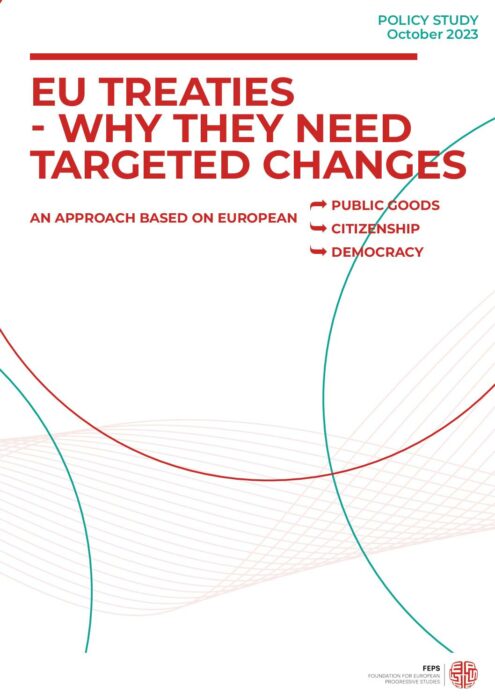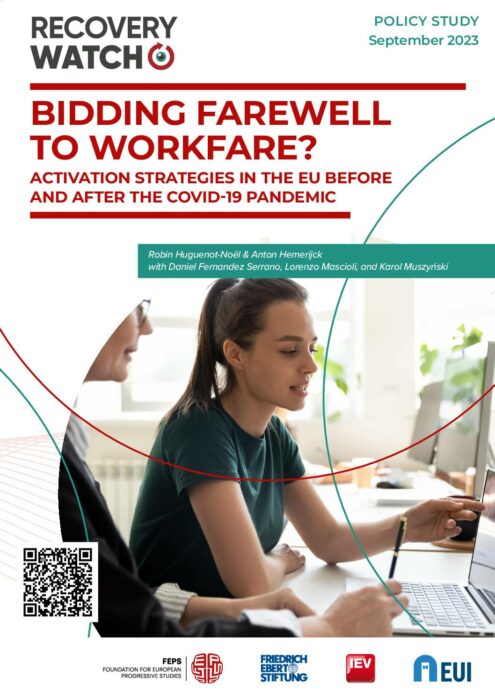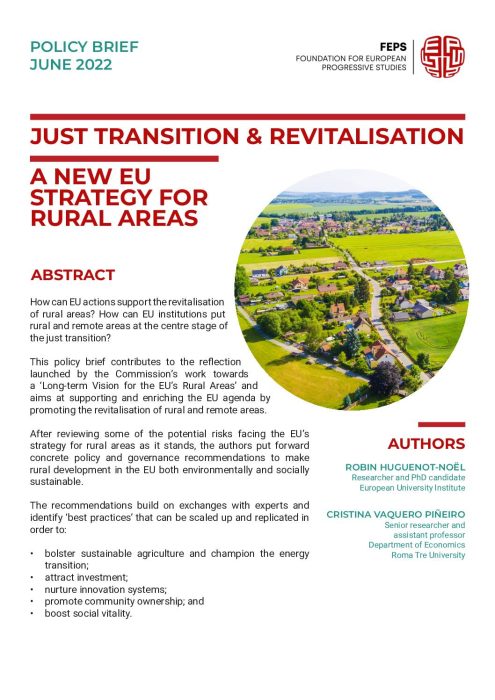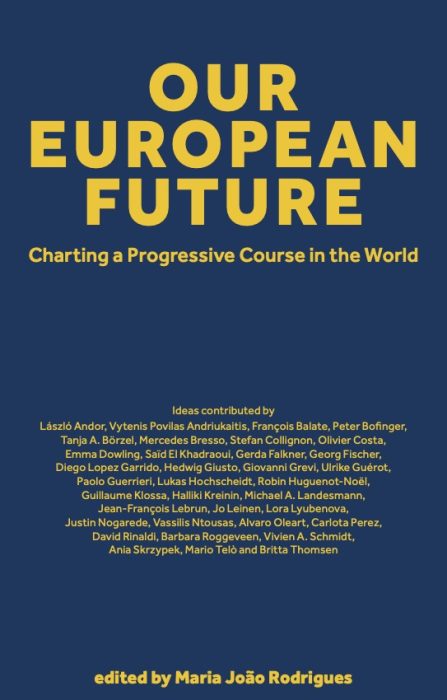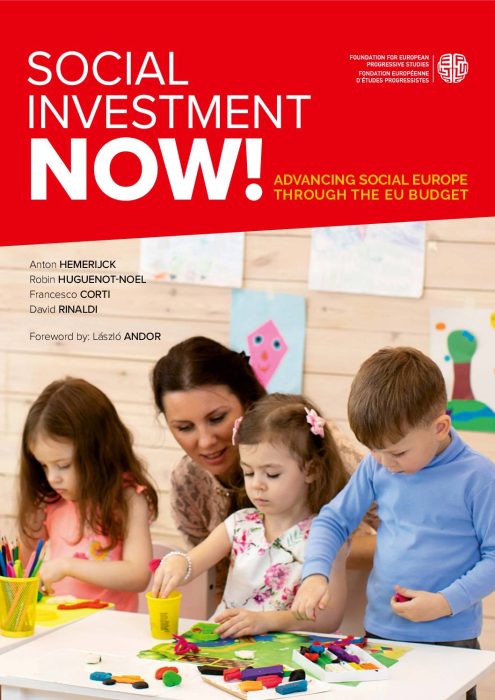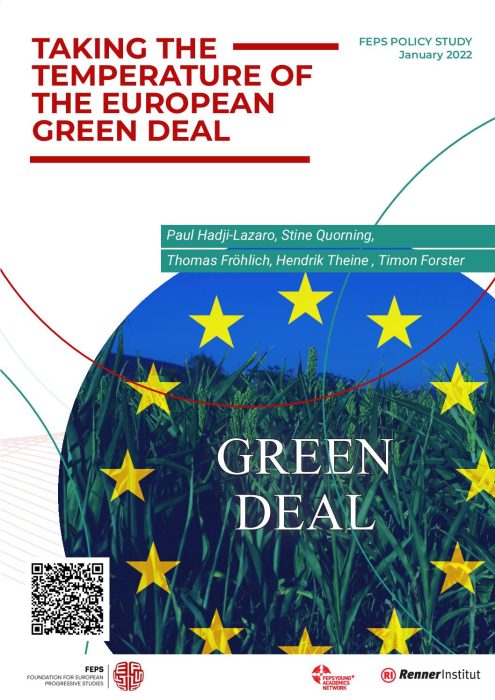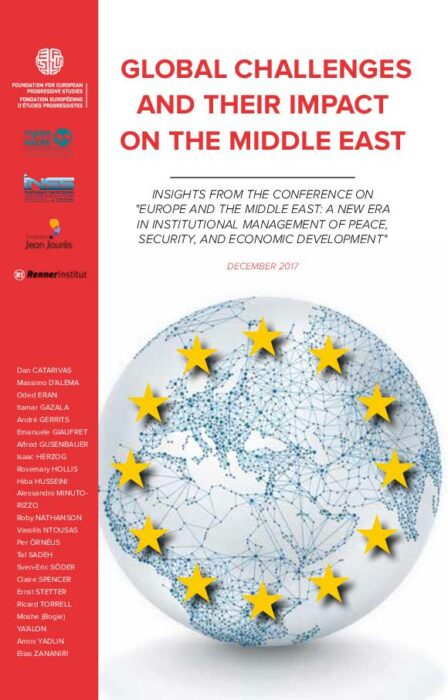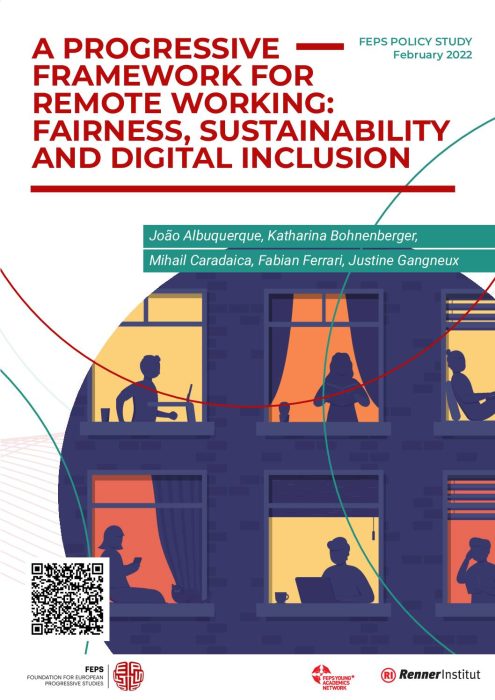PhD student at Sciences Po Paris
Jan Bogusławski is a PhD student at Sciences Po Paris, researching
the evolutions of the welfare state in Central and Eastern Europe.
He also taught courses pertaining to social policy and comparative
politics across two campuses of Sciences Po. Over the years, he has
worked on various policy-related projects with multiple companies,
NGOs (the German Marshall Fund of the US) and academic institutions
(the College of Europe).
Jan holds degrees from University College London, London School
of Economics, and has been a visiting researcher at the Max Planck
Institute for the Study of Societies in Cologne and at the Department
of Social Policy and Intervention at the University of Oxford.
His writings have been featured in several media outlets, including
Jacobin and Politico.
To what extent do EU fiscal rules constrain governments' social and labour market spending? Exploring the critical cases of France and Italy, this policy study gathers evidence from two decades of interactions between national welfare priorities and EU fiscal rules and, through this comparison, sheds light on the mechanisms underlying recent recalibrations and what it means for the Social Pillar implementation.
Political Mentor: Jonás Fernández, MEP S&D
Academic Mentor: Carlo d'Ippoliti, Associate professor of political economy at the Department of Statistical Sciences of Sapienza University of Rome.
Researcher at the Astrid Foundation, and an Associate Research Assistant in the Economic Policy and Jobs & Skills Unit at CEPS.
PhD student at Sciences Po Paris
Affiliated Postdoctoral Researcher in the Horizon projects ActEU and PUSH*BACK*LASH
Researcher at the Department of Political and Social Sciences at the European University Institute (EUI)
Research and teaching associate at the Vienna University of Economics and Business, Austria.

